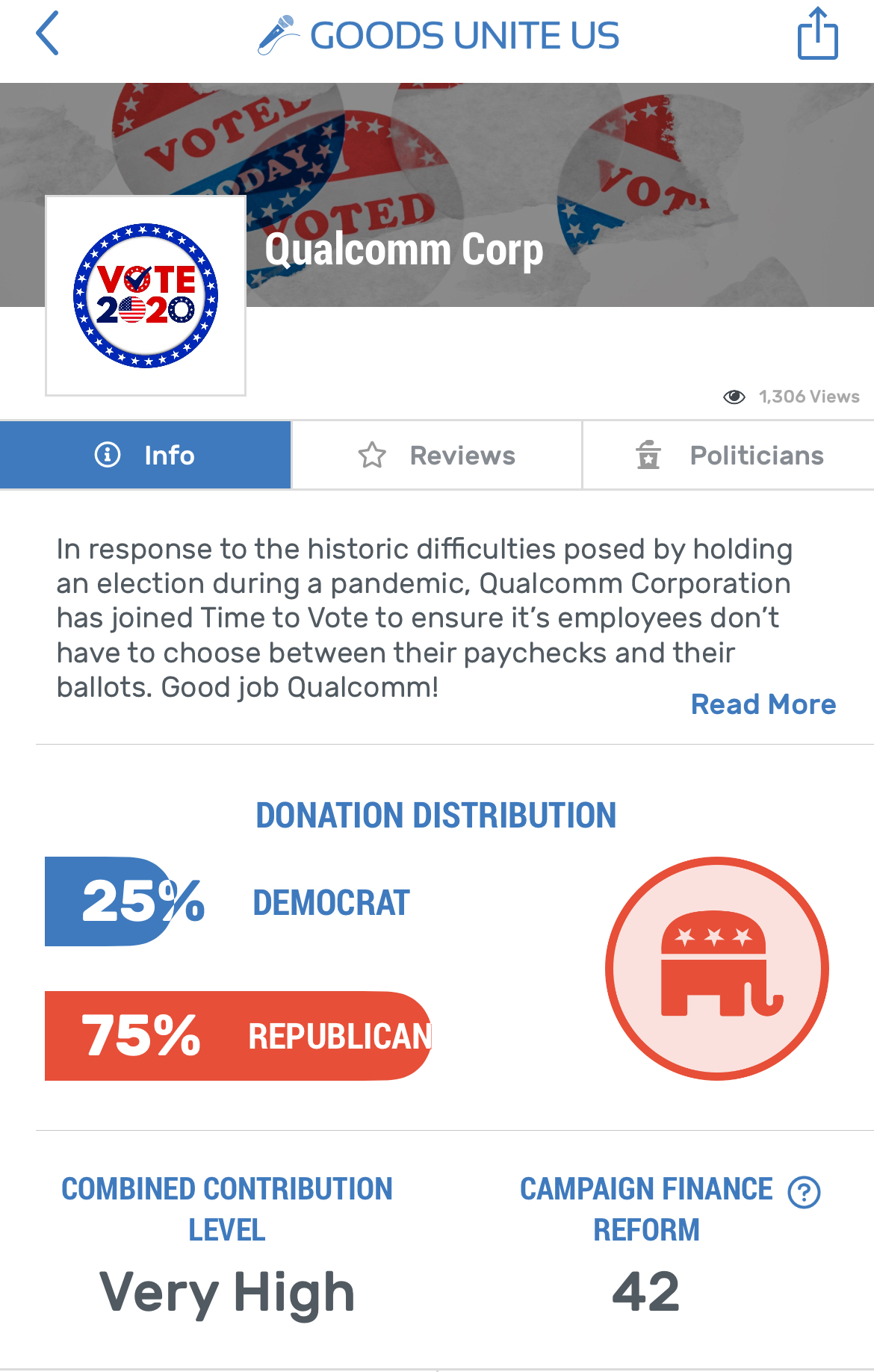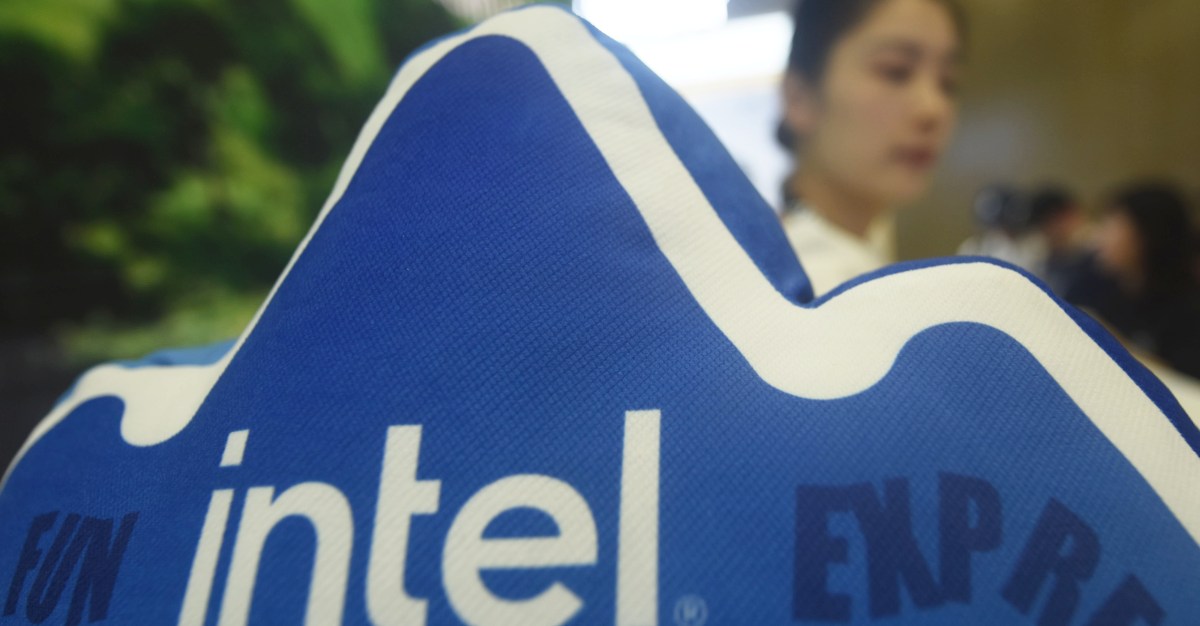- cross-posted to:
- technology@lemmy.world
- cross-posted to:
- technology@lemmy.world
🌈 shareholders 🌈
G.P.U.
The company had always been run by engineers that came up from chip fab. Then they fired both the CEO and the head of fab for sexual harassment.
Then they make the CFO with a MBA the new CEO. A year or two latter and chip design is having problems and fab is falling behind.
Ah, similar to Boeing’s problems, minus the sexual harassment.
And
assassinationssuicidesSuicide by six headshots
They mistargeted in V.A.T.S.
Intel fell behind on chip manufacturing while the CEO came from that department.
Allegedly because their strategy was too ambitious at the time, or at least that was the official excuse at the time.
So your summary is not entirely fair.Sounds similar to what happened to Boeing. Once ran by engineers now ran by people suckling the teat of board members. Quality goes down, profits go up for these assholes.
The more I see MBAs taking c-suite positions, the quicker the company collapses. Seen it more than six times now in person, and countless in the news.
I wonder how long before they notice.
Well, when I was learning about economics being 8 or 9 year old, it seemed for me how it should be.
A person or a group knowledgeable in some area find a bottleneck, some problem to solve, start a company, it grows, it becomes big. Then the next generation is what they pick for leadership, and picking people is always worse than the evolutionary mechanism of a company finding some bottleneck to be widened being gunshot faster than the rest. Then they pick their replacement. And so on. Eventually it dies, but since technologies are patented, they do not become actual secrets, only commercial secrets, and by the time a company dies the patents expire, so everybody can replace it for the humanity.
The niche that company discovered thus becomes competitive.
In our world, if patents would expire as fast as they did initially by design, these big companies would already be dead.
But they’ve bent the rules to make patents virtually eternal and thus big zombie companies are strangling the humanity.
The system wasn’t bad, but eventually power changed it.
The people who make those decisions are insulated from the consequence
Forcing them to take responsibility is the only solution
Wall St destroys yet another company through sheer greed. Film at 11.
This is the handiwork of highly paid executives.
It’s always the executives. But how exactly? Have they ordered their employees to develop sub-par and crashing CPUs?
The same way boeing executives are to blame. They did not order employees to do sub-par cpus, but they did not care about the quality of what was produced either. Good hardware (and software) its always the product of a process that involves QA, HR, Operations, R&D and many other departments. These departments fall under the supervision/control of the executive suite.
Well run cost center departments don’t boost quarterly results, ergo they are deprioritized.
They are looking out for themselves rather then the company, because of the incentives in place.
We are living in weird times where stock price doesn’t really correspond with company health, so their actions reflect against that metric against all others.
I think it was a mindset shift. Right now short term stock value is more important because the shareholder profile also shifted from someone that holded the stock to someone who wants just to turn a quick profit.
I am sure it falls under the category of cost cutting. Death by a thousand self inflicted cuts.
I can answer this!
There’s a term in tech called “empire building” where middle management looks for promotion up the chain towards directorships or VP roles. If, for example, you have a CEO that’s nuts for AI all you’ll want to do to get on their good side is to build a team around AI for some random service you already have (e.g. AI in Google Search) and you’ll get a ton of funding and HC. Suddenly you run a huge division and get a fancy important title because you can shit some metrics about how well you’re performing while customers say “wait, search is shit now”. That’s the search team’s problem, your AI stuff performs great!
It’s everywhere in big tech, and it’s why so many big tech companies seemingly work extremely hard and have nothing to show for it.
The IC’s at the bottom of the ladder are just minding their own business, trying to do the best work that they can, while the leader of the empire sets ridiculous timelines and goals because they’re trying to cement a legacy, rather than build the right thing. Naturally, the product flops, the director gets moved to a new division to protect them, and the IC’s are laid off - with the CEO saying that they didn’t meet expectations or cost too much.
Anything they go after today is 18-24 months out. Chasing after AI would be pretty risky. Desktops and laptops are moving to ARM and RISC-V. Their best bet is to go after whatever enterprise data centers will need a couple of years from now.
If I were laying bets, it would be to go after power and heat efficiency. Like, hard. Take their time out in the wilderness, then come back with chips that save the planet from climate collapse.
Their ISA is not their only strong side, so they can reuse a lot of designs and expertise for making ARM and\or RISC-V ISA CPUs.
But they will have to do catching up in, ahem, making things that last more than 2 months again.
Bean counting?
Yeah they had an accountant for a CEO that didn’t understand R&D, so they fell behind.
Just watched a video on the failure of windows phone, they went from 34% market share ( world top 1) to 1.4% in 5 years. Then they recover a little bit to 3%, just to drop to 0.4% 5 year later and then completely dead 2 years after.
Never at any point in time did the Windows phone reach 34% market share or anywhere near #1. I’m not even sure Windows phone had a bigger share than BlackBerry at the time.
Their peak market share was 3.4%, not 34%. It failed because virtually nobody bought them.
It was 34% in 2006, Window phone 6 is still “windows phone”. It was BEFORE the iPhone. Windows phone doesn’t mean just the Lumia.
That’s not “Windows phone” that’s “Windows mobile”, the precursor to Windows Phone, which didn’t release until 2010.
Shifting to Windows Mobile now, in 2006, Windows Mobile 6 had only about 10% market share, behind both Palm OS and Symbian, the latter of which held a whopping 60%. I looked further back in time and I do see that Windows Mobile had a 34% market share in 2001, however it was again dwarfed by PalmOS. It’s also worth it to note that that 34% wasn’t comprised mainly of cellphones, but rather barcode scanning guns in warehouses and logistics, because you could make custom applications for them with relative ease. There are still warehouses today that use those old windows mobile scanner guns.
The only piece of Microsoft tech that I actually loved, so sad it flopped. I had two Windows phones, beautiful devices. Gorgeous screens, great design, the Windows 8 tiles unironically were fantastic on mobile.
Everything was butter smooth, I never had them crash or freeze up. Zeiss cameras, they took great pictures.
But there were almost no apps for them. It was basically the Microsoft mobile office suite, and a few random ports like Evernote. Nobody bought them because there was zero ecosystem for them.
I still have one of my Lumias in a drawer. I loved that phone and the UI!
Comfort zone and believed in Microsoft’s talk that the market of the future would be desktops, but Apple came and said: Not today
Apple killed Blackberry and Intel
You’re next republican-lead Qualcomm

Nice typo in their propaganda. Couldn’t quite figure out contractions versus ownership.
apple also killed productivity *lol but that has nothing to do with blackburied or … *who the f is intel?
server: arm handy: arm desktop: amd laptop: amd
and happy with it, left intel 20years ago for at that time already obvious reasons why other companies products are better.
work notebook: impediment with a bitten fruit logo on it. i am very unhappy with its lack of stability/deterministic behaviour on even veery low basic things, and guess what, it also has an intel cpu… yeah (f**k), i unwillingly try to use that intel crap for work.
apple might have killed intel, but got infested with releasing crappy products on that path. what a gain!!! 🤦♀️
i’ld rather let a zombie go on walking than getting zombiefied while trying to stop it… but tbh its “only work” that is slowed down by the fruitlogozombie (well, am i zombiefied already?) at least that “bitten” part of its logo from now on makes fully sense to me 😁 😂
Sir this is a Wendy’s
Going through a period of little competition in a space seems to do that to just about every company in that position.
Capitalism
Probably bureaucracy. Also an inability to pivot even when things make no sense. Everything is a giant freight train that has very little ability to change direction or stop.
Oh and of course a healthy taste of not being transparent or honest.
Source: I used to work there years ago.
This happens easily for big successful organisations. Over decades a strong culture aligned with how they succeed forms. Once the market changes requiring a culture change, a seemingly invincible company suddenly stumbles. They simply can’t respond even if they what they should change.
Ex. Rolls Royce CEO stated this phenomenon well: culture eats strategy for breakfast.
I’m personally in love with ARM. I choose it for my router, Raspberry Pi and my MacBook is also ARM.
…but this still saddens me. I want to see good competition in the sector and I still have a soft spot for x86_64 on the server.
I think they’ll recover. Letting them fail would be a national security problem.
Intel was once a Silicon Valley leader.
Well, any specific stuff that Intel has done recently aside, Silicon Valley has been more about software, not hardware, for quite some years.
Intel is a hardware company.












